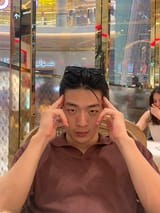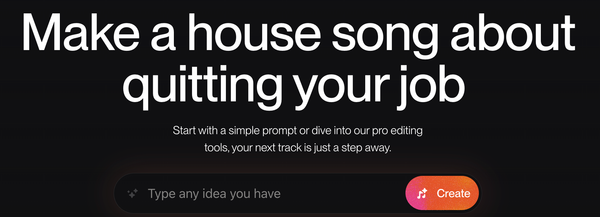Is AI Killing Monoculture? Thank God
Shared culture's collapsing. It's about damn time.
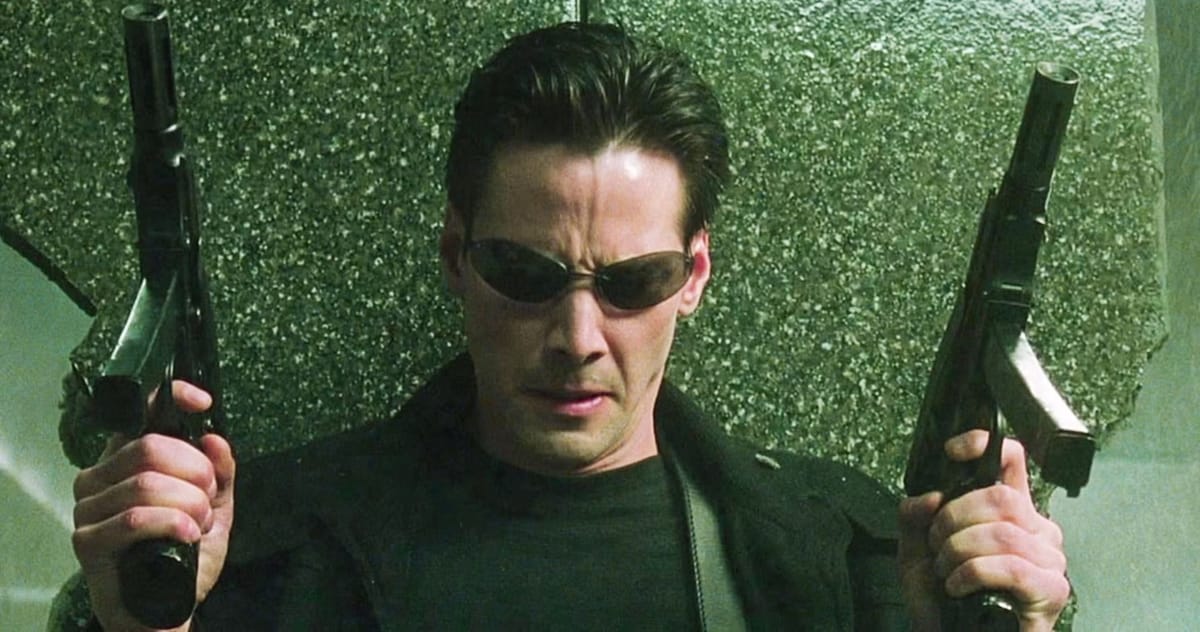
The other day, I pictured Netflix circa 2030 greeting me with something like:
"Jay, welcome back! Just whipped up a fresh new series starring deepfake Keanu Reeves. Figured anyone still bingeing The Matrix this hard deserves a little something special."
The dialogue's packed with inside jokes tailored just for me – Dunder Mifflin quotes I still shamelessly recycle, throwback nods to my borderline-embarrassing Facebook phase – and every scene lands exactly where it needs to.

Gone is the doomscroll through yet another teen vampire reboot (...seriously, how many immortal teenagers can one culture endure?) or that mandatory "gritty" political drama literally no one asked for. Instead, each of us gets our own hyper-personalized slice of pop culture.
But the next morning, reality sinks in. Nobody else caught my custom-made Keanu pilot. No flooding the group chat like we did after the Severance finale. Watercooler convos dry up; solo watch-parties become the new normal.
All of this leaves us staring down one unavoidable question:
Is personalized AI quietly killing our shared culture, or might it unlock entirely new pathways for collective bonding?
To see how we arrived here, let's rewind the tape.
The End of Monoculture: Good Riddance?

First, let's be real. The idea of "everyone watching the same thing" started dying decades ago. Once, the entire country religiously tuned into I Love Lucy or collectively gasped at Dallas' iconic "Who Shot J.R.?" reveal. Later, Friends and The Sopranos briefly rekindled that cultural flame.
But cable fractured us, YouTube scattered us further, and social media hammered the final nail. The mass audience is now largely mythological.
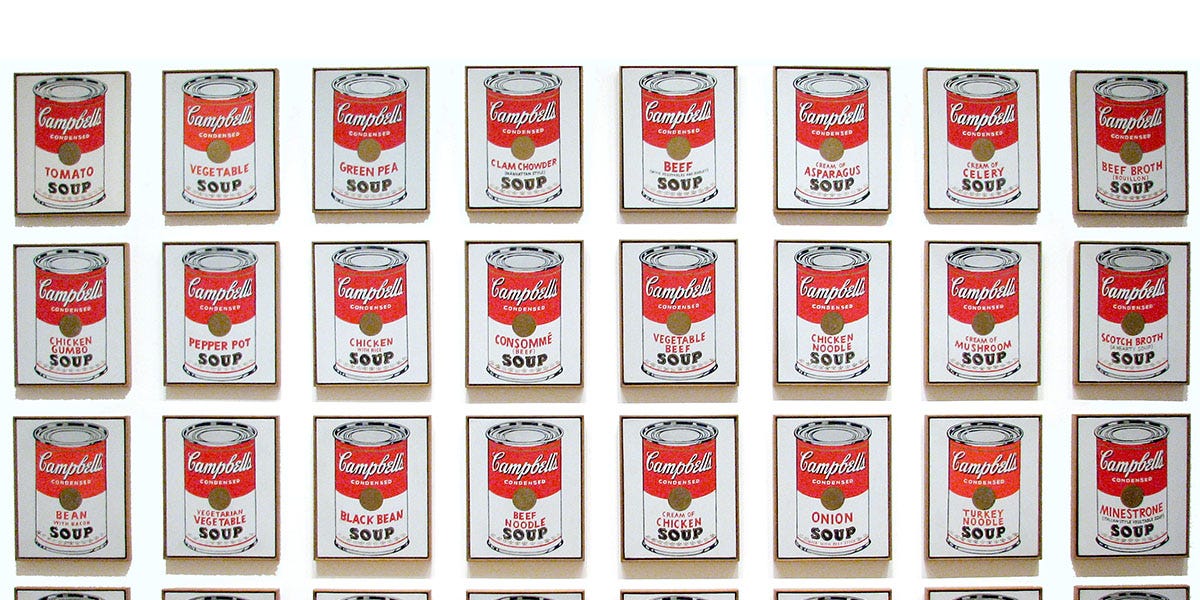
The internet has splintered culture into a "me‑centric" mosaic of niches rather than a single shared stage.
AI turbocharges this fragmentation. Monoculture isn't just dividing into 500 channels; it's fracturing into 340 million parallel universes (eight billion worldwide). The moment Netflix can spin up a custom comedic thriller exclusively for you, we wave goodbye to large-scale hits forever. No more Tiger King-level phenomena, no more Reddit threads dissecting cliffhangers together.
And honestly, who's mourning the loss of another bland nostalgia sitcom cooked up by studio execs chasing easy hits?
Before we get too excited, though, there's some nuance worth exploring.
Craving that Sweet Spot: Unique but United
If there's one concept from consumer psych perfectly capturing this hyper-personalization paradox, it's Optimal Distinctiveness Theory (Brewer, M. B.). Humans want individuality, yet desperately crave belonging to a tribe. That's our paradox: distinct, but connected.

Hyper-personalized AI crushes the uniqueness side. Algorithms dig through your old Tumblr archives, your cringe-worthy Spotify playlists from 2012, and your inexplicable obsession with moody British dramas to craft shows that scream "Made for You." It's thrilling, like scoring an invite to streaming's most exclusive VIP lounge.
But ironically, once we have our hyper-specific show, we instantly want to share it as the belonging impulse kicks in. We text our friends, "Guys, my AI thriller starred Pedro Pascal dropping nonstop Last of Us Easter eggs." Your friend counters with Margot Robbie cracking dry jokes in their AI-crafted cop drama. Suddenly you're bonding; not over identical content, but over whose AI nailed casting better.

Does this bolster or damage culture? Historically, shared culture thrived on identical experiences. Personalized AI might replace collective consumption with collective comparison, uniting us by contrasting our individualized dreamscapes.
Not exactly your parents' watercooler, but maybe that's precisely the point.
Smaller Bubbles, Deeper Silos
Personalization, however, has a dark side: the infamous "echo chamber" effect. Algorithms reinforce rather than diversify your tastes. Ideally, an AI curator nudges you toward surprising delights – but realistically, it's keeping you glued to your familiar favorites.
Result: narrower tastes, fewer overlaps, and increasingly isolated personal bubbles.

Already, social media has split into hyper-niche communities filled with mirror images of ourselves. Personalized AI entertainment risks amplifying this isolation. Your friend might obsess over customized true-crime thrillers, while you're neck-deep in sarcastic workplace comedies. The serendipity and friction of broader shared experiences vanish.
Is Your Next Obsession Even Real?
That leads us to another question:
Who's actually crafting our personalized media? A handful of big studios? Or an ever-evolving AI producing infinite variants at near-zero cost?
Let's face it. AI is already scripting, composing, and even designing hypothetical fashion collections. By 2030, entire films could be generated on demand. Want a buddy-cop comedy starring you alongside Lucy Liu from her Kill Bill days? Done. The blockbuster era ($200 million films chasing billion-dollar box offices) might soon feel quaint.
Imagine endless algorithmically-generated songs from AI-clones of your favorite artists. Want A$AP Rocky and Rihanna casually name-dropping your local dive bar? Just tap "generate." AI tracks like the viral Drake deepfake have already drawn millions of listeners before getting yanked offline.
When the AI out-Drakes Drake himself...
This begs a deeper question: what's human creativity's role when algorithms churn out endless near-professional content? Critics worry we'll drown in algorithmic sludge. Optimists predict vibrant niches catering to every quirky passion. Both might be right.
Yet culturally, something intangible dims when creation becomes overwhelmingly algorithmic. We lose the communal thrill of belting out the summer's big hit together. The highlight reel of mass-shared references fades.
But maybe that's exactly why we'll invent new ways to connect – smaller micro-communities bonding over shared AI creations. Time will tell which prevails.
2030: Algorithmically Yours
Instead of getting caught up in dystopian alarmism or utopian optimism, here's my honest take on where we'll realistically land by 2030. Across media, clear patterns emerge: on-demand generation, mood-responsive delivery, and infinite remixability.
Film & TV
Streaming services no longer store static shows; they generate them in real-time. You input: "I want an edgy comedic heist flick with vintage Robert De Niro cameos," and AI spins a fresh 90-minute feature. Base universes licensed from major studios let you remix elements from Breaking Bad into bespoke narratives.
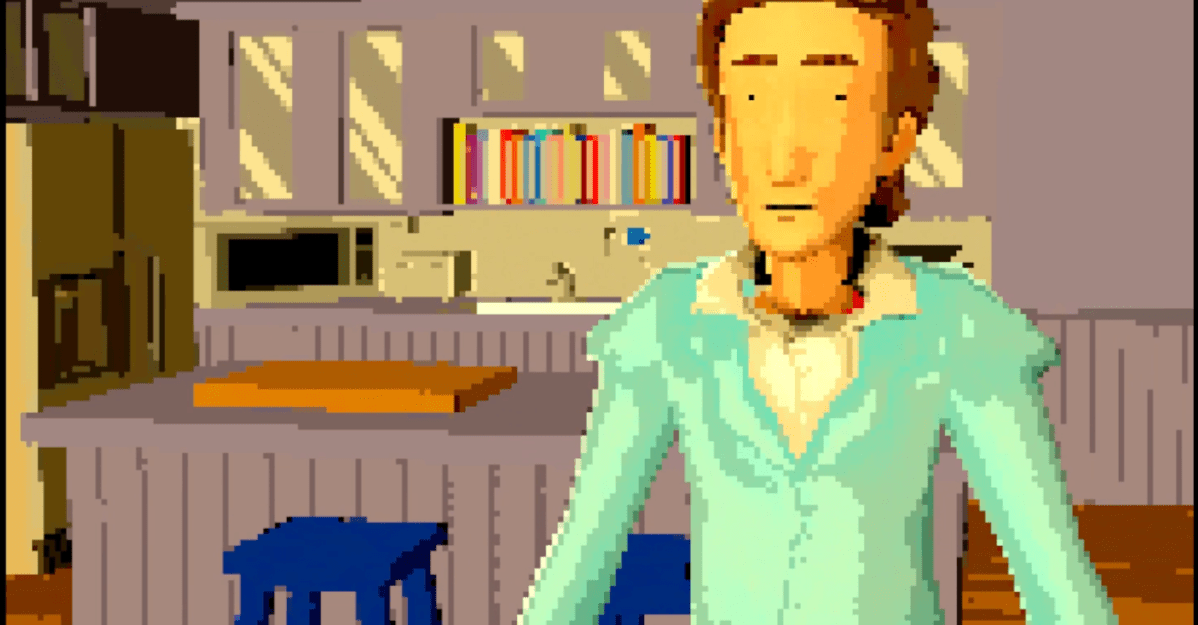
Turns out, we'll binge even glitchy AI sitcoms as long as the jokes land.
Music
As I previously covered, audio platforms could blur entertainment and well-being with AI composers crafting mood-responsive playlists. Feeling melancholy? The melody slows. Need a boost? Tempos lift. Official artist voice packs let your private AI band mimic Sinatra's smooth vocals or Ariana Grande's high notes, shadowing your mood 24/7.
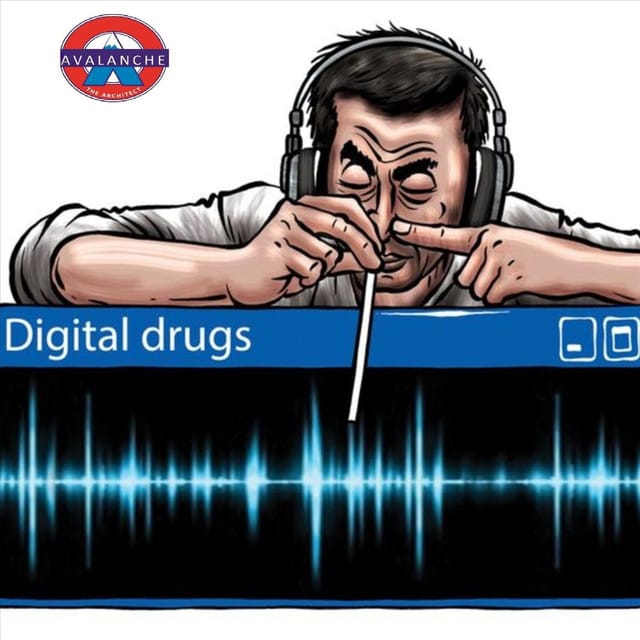
Interactive Reading
Reading evolves into immersive AR fiction. You specify, "A comedic detective tale," and AI conjures a narrative with characters overlaying your living room. Move from the couch to the kitchen, and the scene seamlessly shifts with you. Book clubs fiercely debate whose AI-generated plot twist hit hardest; no two readers share identical narratives.
Gaming
AI-driven procedural generation meticulously crafts entire worlds, questlines, and characters. You might explore a space-opera saga while your friend navigates a medieval fantasy. Co-op sessions briefly connect you with friends, but fundamentally your journey remains uniquely your own.
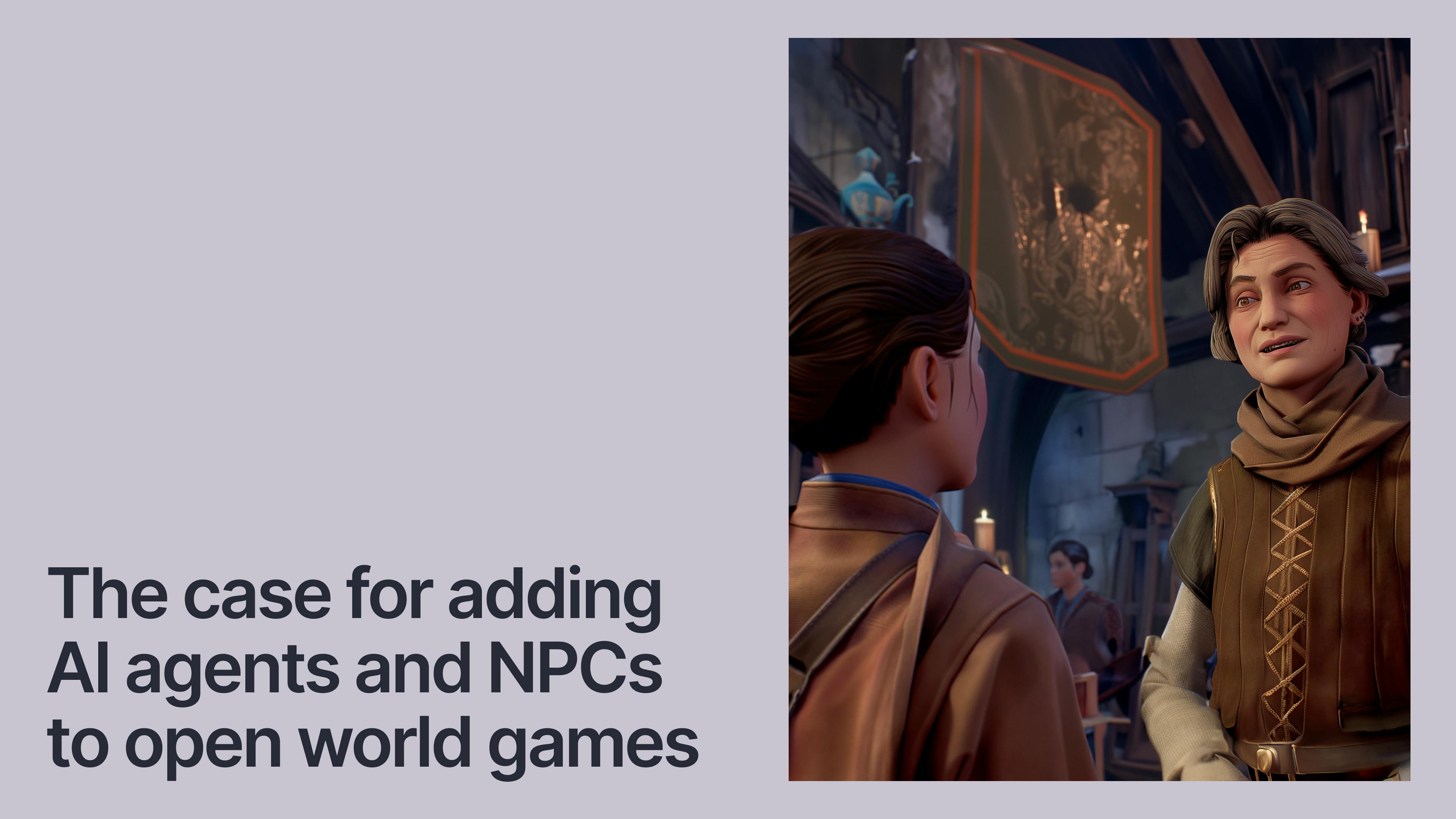
For one, AI Dungeon hit 1.5 million monthly users. Proof we crave personalized storytelling.
Fashion
Clothing becomes ephemeral art. Your AI stylist curates daily outfits precisely matching your shape, colors, and mood – instantly 3D-printed or brand-delivered. Micro-communities spring up around niche aesthetics, each member wearing uniquely tailored pieces.
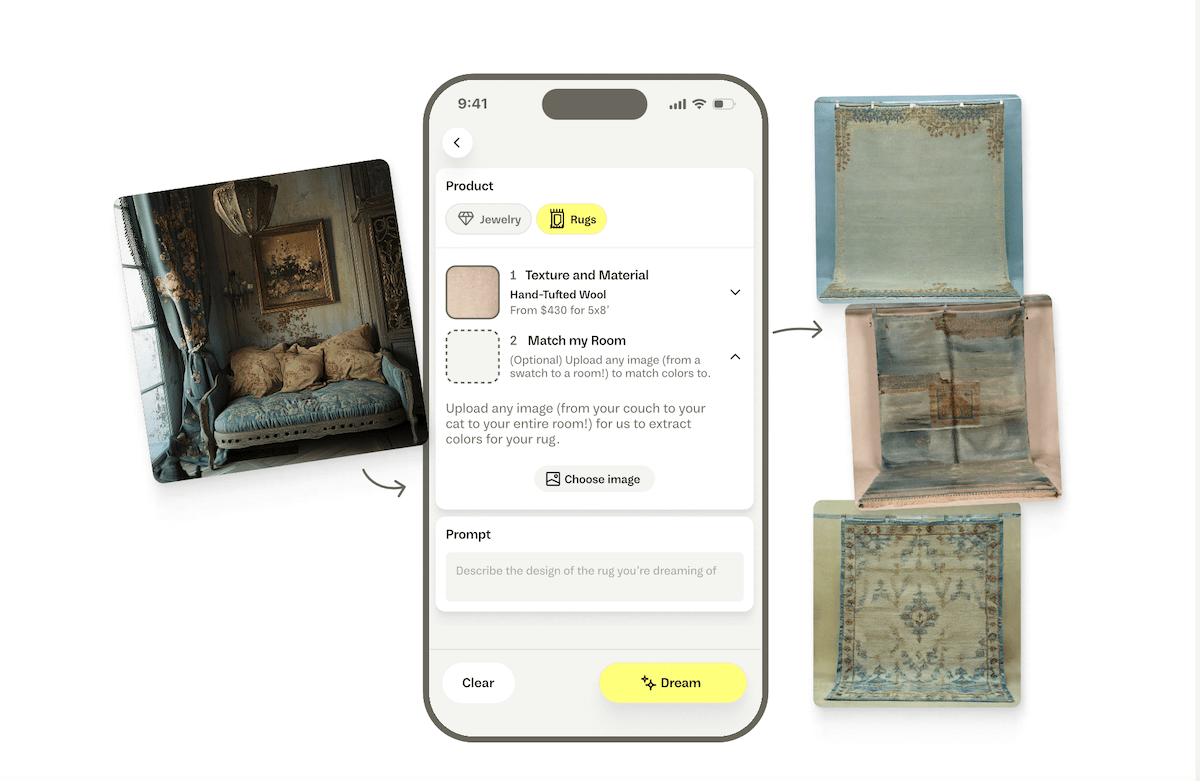
You can already AI-design rugs that fit your vibe. Why not give your closet the same upgrade?
Personalization here reaches thrilling (and unsettling) extremes. Where's our common ground amid such hyper-individuality?
Tiny Tribes, Huge Vibes
On the surface, that sounds atomizing, but here's the twist.
Fewer mass watercooler moments don't necessarily weaken communities. The more distinctive your personalized binge, the more eager you are to seek others who appreciate its quirks (again, that push‑and‑pull between standing apart and fitting in!)
Platforms could easily experiment with this idea. Imagine Netflix launching a quarterly "Bespoke Bracket": subscribers upload trailers of AI-generated pilots, peers vote until a champion emerges. Spotify Wrapped already set the stage; streaming services can turn private consumption into ongoing communal dialogue.

Nothing says "me-centric" media quite like posting your Spotify Wrapped.
Such sandboxes do more than entertain. They knit isolated tastes into durable micro-tribes: Discord servers buzzing with fan theories about deepfake noir mysteries, TikTokers ranking AI-generated hits, group chats swapping personalized sitcom clips nobody else saw.
Sure, the spotlight shrinks. But for those inside, it burns brighter, crafting vibrant, engaging communities.
Culture à la Carte

Ultimately, personalized AI isn't killing culture so much as reshaping it. We lose one stadium-scale chorus, but gain two structural advantages in return:
- Breadth of representation: When creation costs virtually nothing, niche voices (e.g., K-pop-inspired western musicals, tech-savvy mystery thrillers) get top-tier production values.
- Fluid remixability: Casual fan mashups swiftly turn into mainstream gold; they're continuously reshuffled, globally reshared, and inviting fresh eyes with every iteration.
So, yes, my private Keanu pilot won't exactly spark global discourse, but it'll absolutely crush inside jokes with the five friends who truly get me.

Culture hasn't died; it's simply branching out. The real game now is boldly remixing our hyper-personalized stories into collective lore worth remembering.
